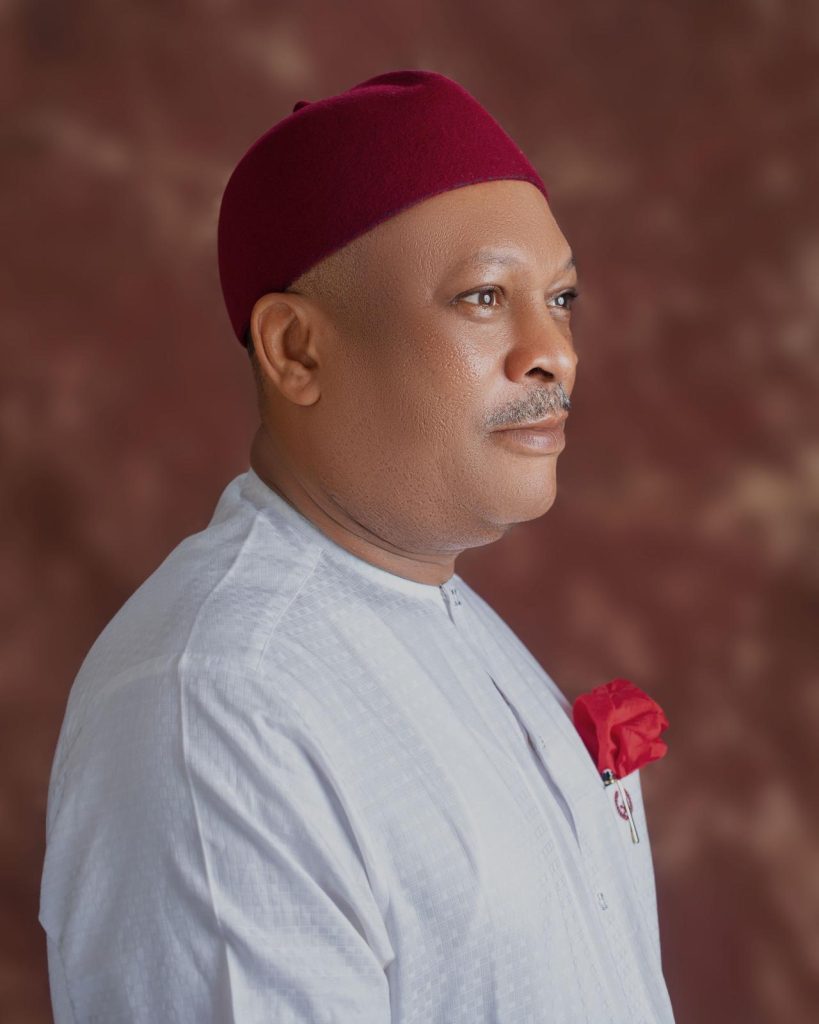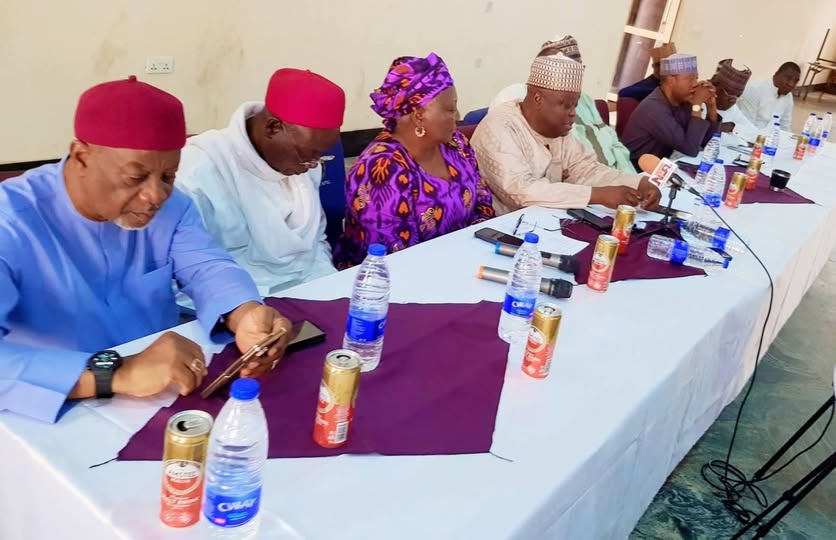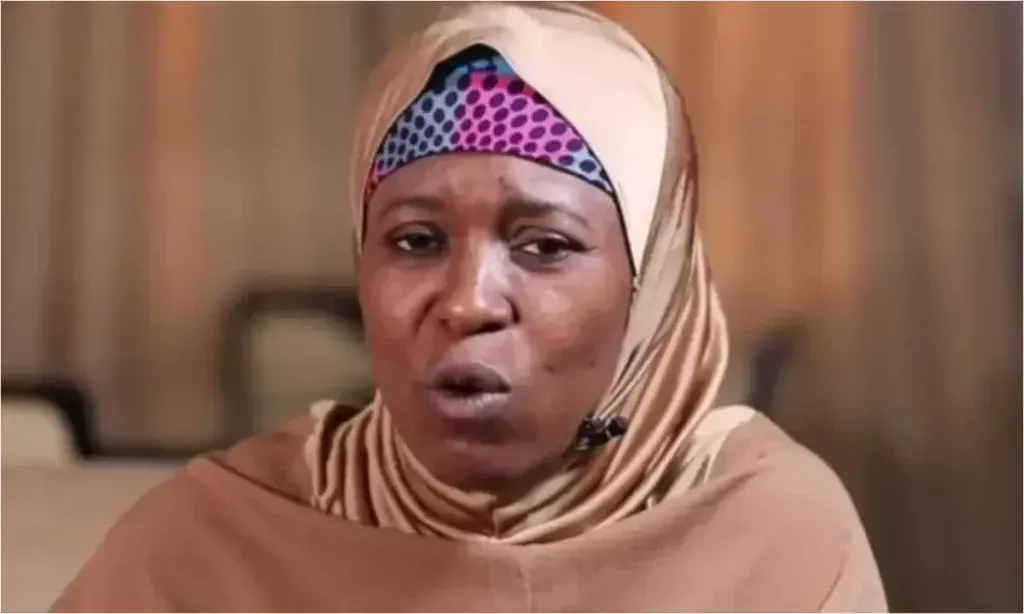The race for the Senate presidency has become increasingly intense with two contenders, former governors Godswill Akpabio and Abdulaziz Yari, currently in a headlock over the number of lawmakers supporting their campaigns. As senators-elect prepare for the inauguration of the 10th National Assembly scheduled for June 13, 2019, the tussle for the senatorial presidency continues unabated.
According to sources affiliated with Yari’s campaign, about 65 senators have already pledged their loyalty to his camp. However, the Deputy Director-General of Akpabio/ Barau Campaign Organisation, Senator Peyemi Bamidele, has appealed to senators-elect to support Akpabio’s bid, stating that the campaign is targeting senators from the three major parties.
Despite the intense lobbying, some senators-elect have reportedly withdrawn their support from Akpabio’s camp based on accusations of disrespecting the institution of the Senate. They cited an occasion where as the Minister of Niger Delta, Akpabio had accused the National Assembly of benefiting from the Niger Delta Development Commission without any proof.
Notwithstanding, many governors from the Progressives Congress (APC) and other parties have pledged to support the candidate endorsed by the National Working Committee of the party. APC governors from the northern states such as Nasarawa, Niger, and Kogi have already pledged allegiance to Senator Ahmed Lawan, the candidate of the party leadership.
Governor Babajide Sanwo-Olu of Lagos State expressed the hope that the new Senate would be “shaping new course[s]… breaking records” to surpass the ninth assembly’s performance. In addition to rapid development and economic stability, he called for a positive working relationship between the executive and legislative arms of government.
The tension between Akpabio and Yari’s camps underscores the need for high-level decorum and cooperation in the next administration to ensure the implementation of important policy proposals that will impact the well-being of Nigerians. Failure to do so could result in a repeat of the legislative logjam that has characterised political proceedings in the country in the past.



